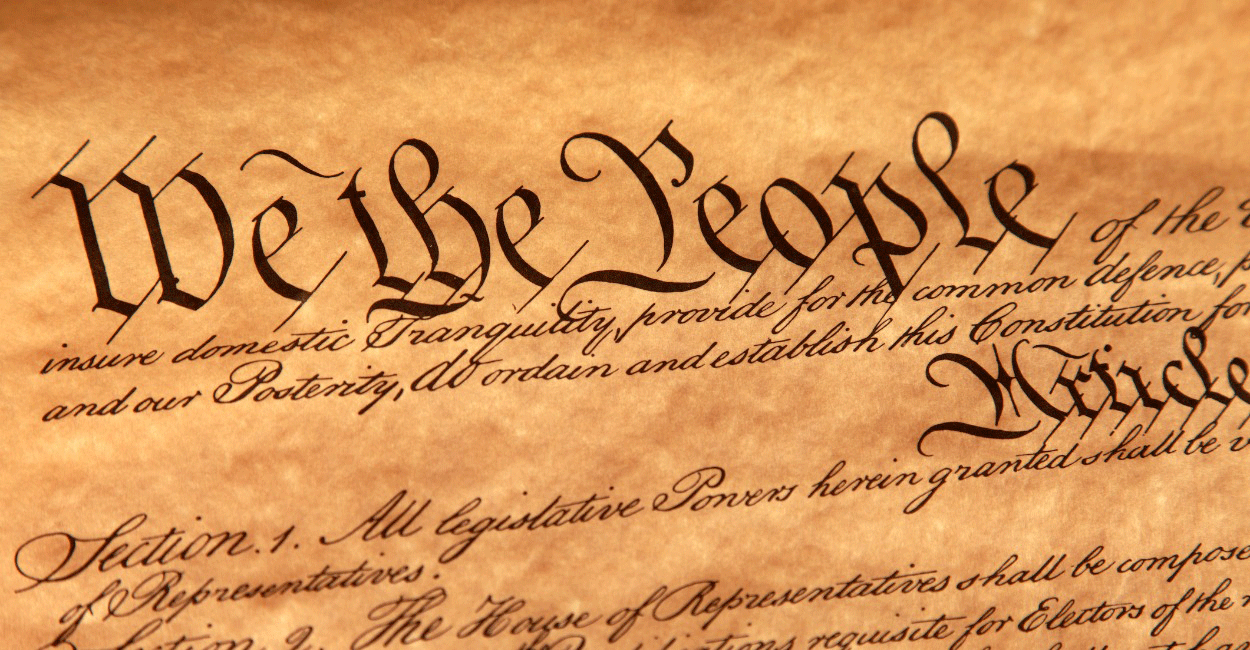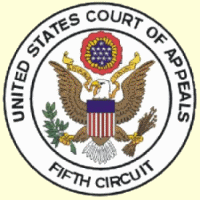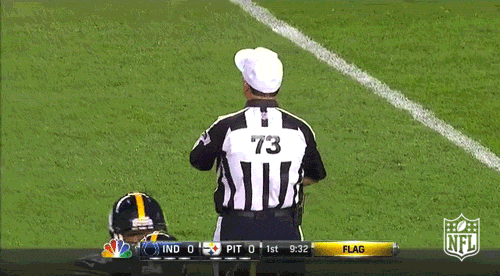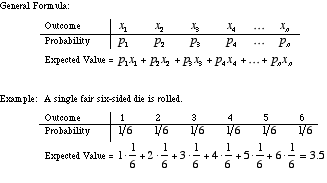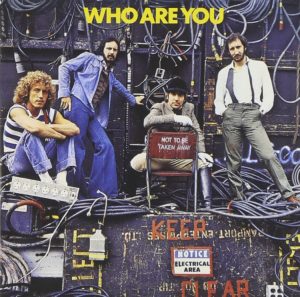 The concept of a “genuine issue of material fact” is largely unquantifiable, but occasionally a case does set a quantitative landmark. In Shirey v. Wal-Mart Stores Texas, LLC, the Fifth Circuit addressed a personal injury claim asserting that a Wal-Mart store had constructive notice of a grape on the floor, holding:
The concept of a “genuine issue of material fact” is largely unquantifiable, but occasionally a case does set a quantitative landmark. In Shirey v. Wal-Mart Stores Texas, LLC, the Fifth Circuit addressed a personal injury claim asserting that a Wal-Mart store had constructive notice of a grape on the floor, holding:
Photographic and video evidence demonstrate that the grape was, as the district court noted, almost invisible on the off-white floor. The evidence also fails to establish that any Wal-Mart employee was in proximity to the grape for a sufficient period of time. The few seconds during which the employee passed by the grape did not provide an objectively reasonable opportunity for him to see it, notwithstanding his employer’s policy that he perform visual “sweeps” for hazards. Under these circumstances, the seventeen minutes during which the inconspicuous grape was on the floor did not afford Wal-Mart a reasonable time to discover and remove the hazard.
No. 17-20298 (Oct. 30, 2017, unpublished) (emphasis added).

